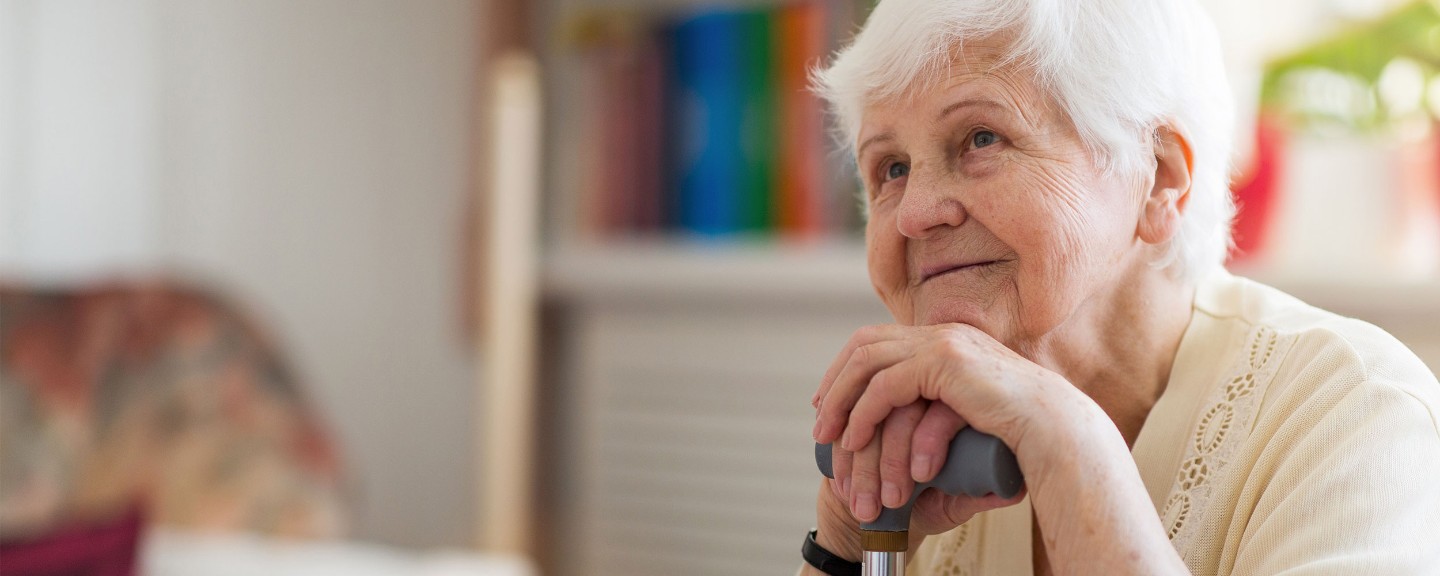Many health care treatments that were once offered only in a hospital, a doctor’s office or a nursing facility can now be done at home—things like IV therapy, wound care and stroke rehabilitation. Home health professionals such as nurses, physical therapists, occupational therapists, social workers and personal care aides provide services. The goal of home health is to improve your health and for you to become independent in managing your health.
Interested in our services for yourself or a family member? Please submit our Patient Referral Form and a representative will contact you.
.png)





